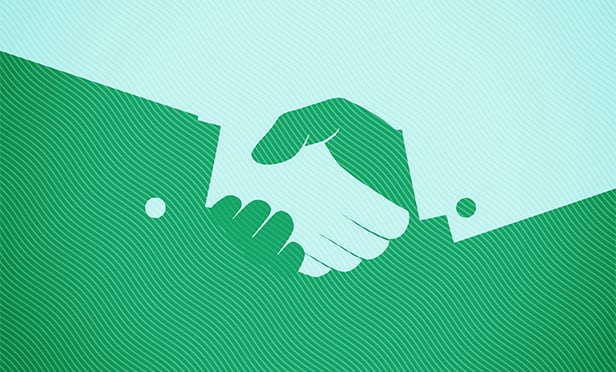Partners and relationships have never been more important. What advice do brokers have for building and maintaining relationships with partners, vendors and peers, and what are some potential pitfalls?
|Less collecting, more cultivating
George Bernard Shaw said that the single biggest problem in communication is the illusion that it has taken place. I would expand this to include relationship-building. Fishing for prospects with tone-deaf, cut-and-paste sales messages doesn't create any real connection. Neither does collecting stacks of business cards, repeating the same tired 30-second elevator pitch, or putting someone on your email list.
Instead, find the people you are most aligned with. That alignment could be based on shared values, shared goals, similar products or services, or similar client profiles. Commit to understanding their businesses and learning what they need to become more successful. Nurture those relationships by staying in regular contact and being genuinely engaged and willing to help. A handful of relationships that are built on a go-giver approach will create win-win opportunities and be personally fulfilling.
Recommended For You
Complete your profile to continue reading and get FREE access to BenefitsPRO, part of your ALM digital membership.
Your access to unlimited BenefitsPRO content isn’t changing.
Once you are an ALM digital member, you’ll receive:
- Breaking benefits news and analysis, on-site and via our newsletters and custom alerts
- Educational webcasts, white papers, and ebooks from industry thought leaders
- Critical converage of the property casualty insurance and financial advisory markets on our other ALM sites, PropertyCasualty360 and ThinkAdvisor
Already have an account? Sign In Now
© 2025 ALM Global, LLC, All Rights Reserved. Request academic re-use from www.copyright.com. All other uses, submit a request to [email protected]. For more information visit Asset & Logo Licensing.









